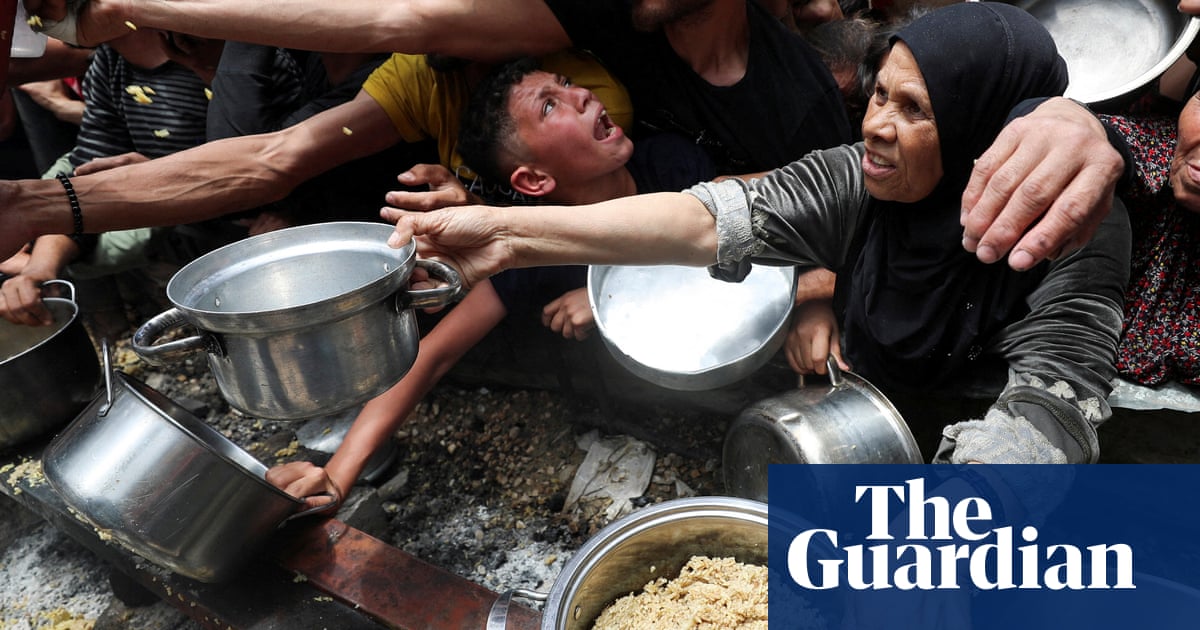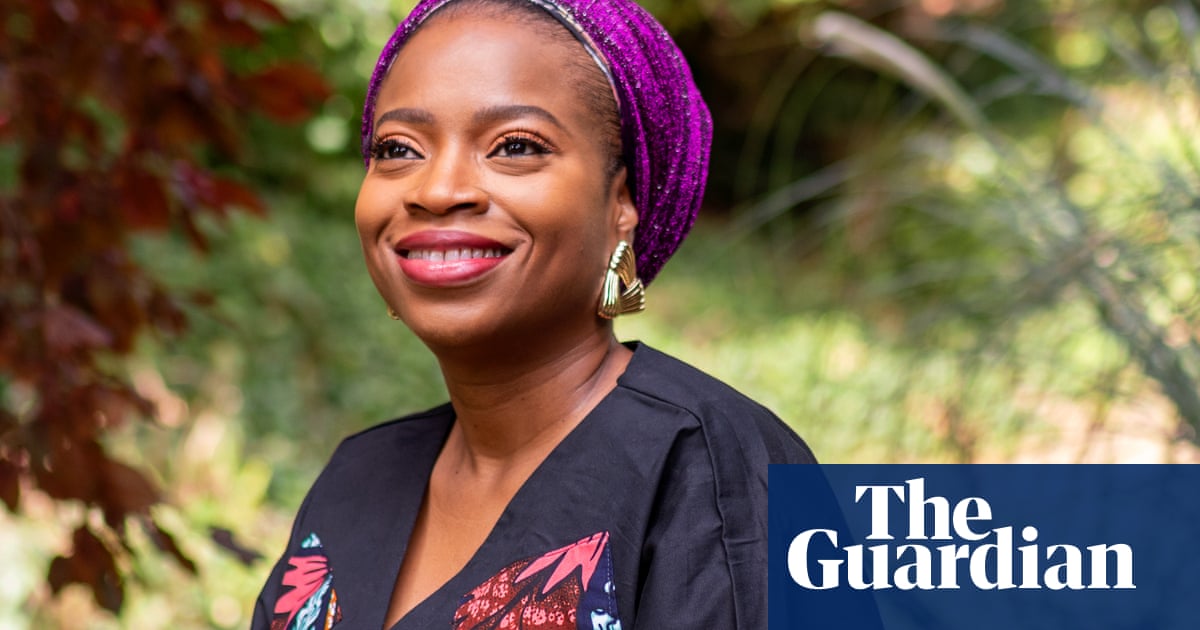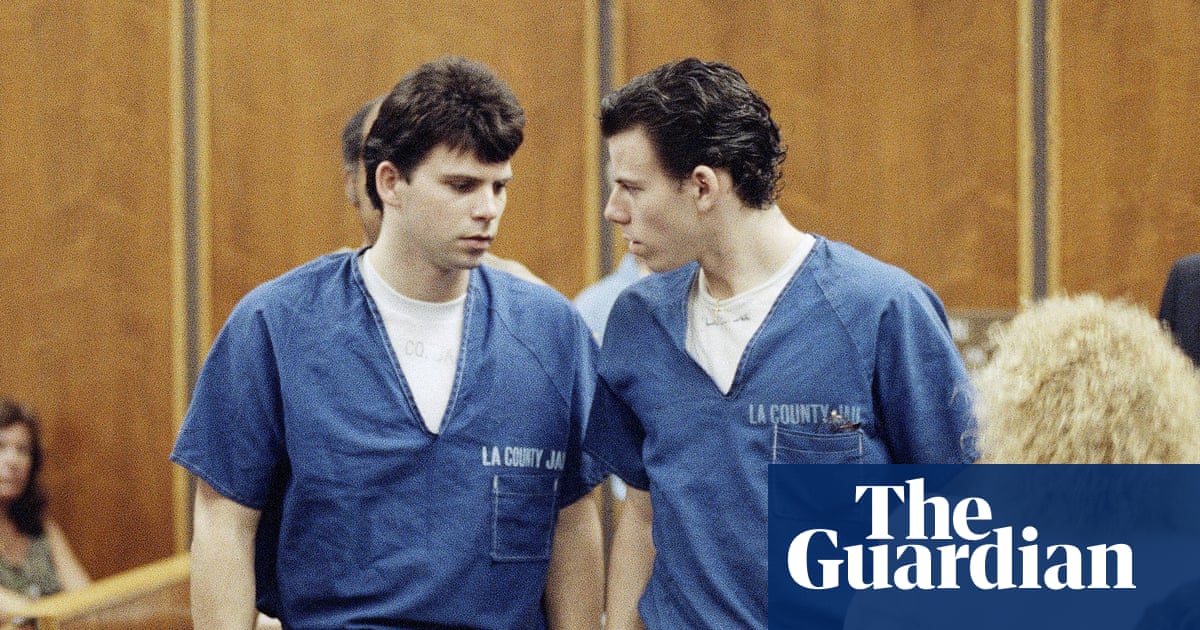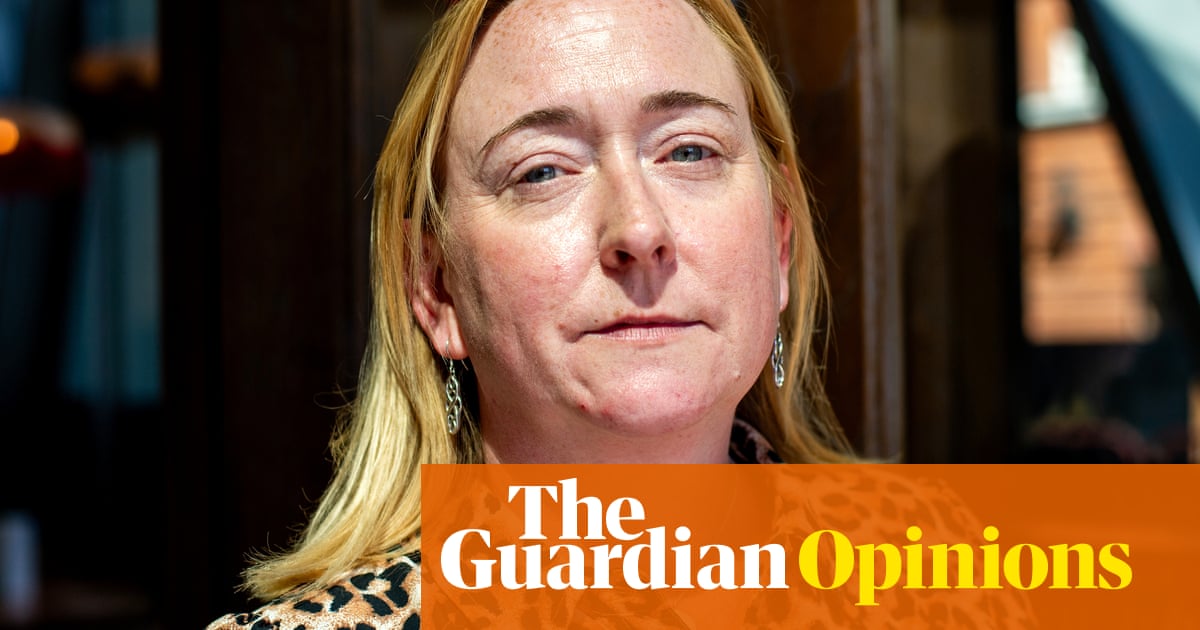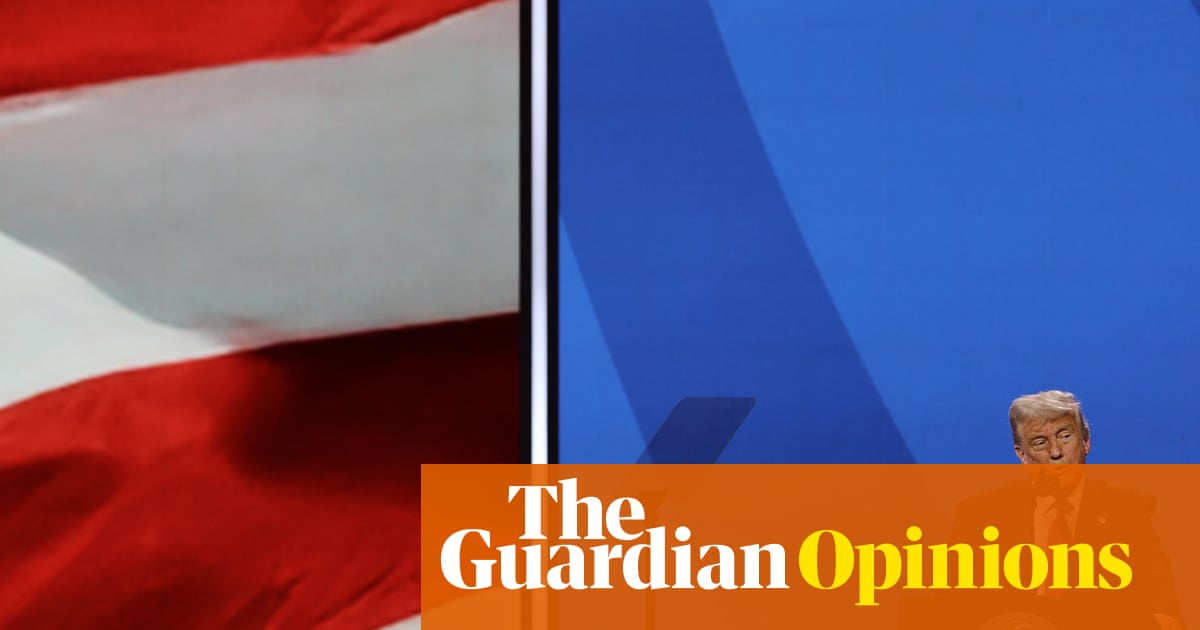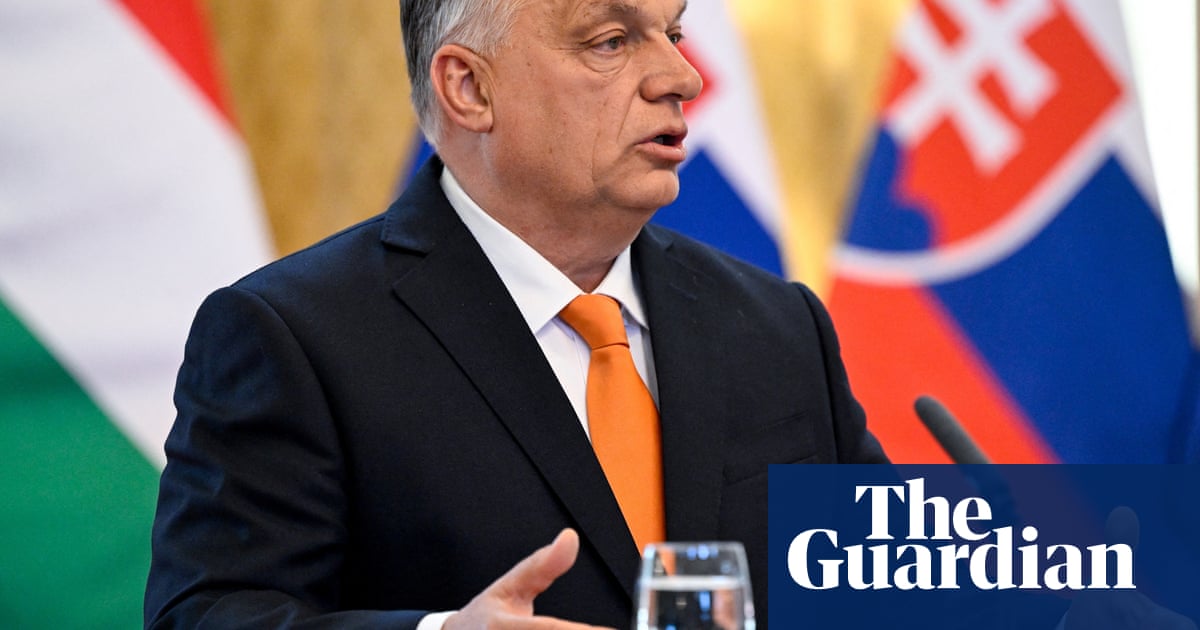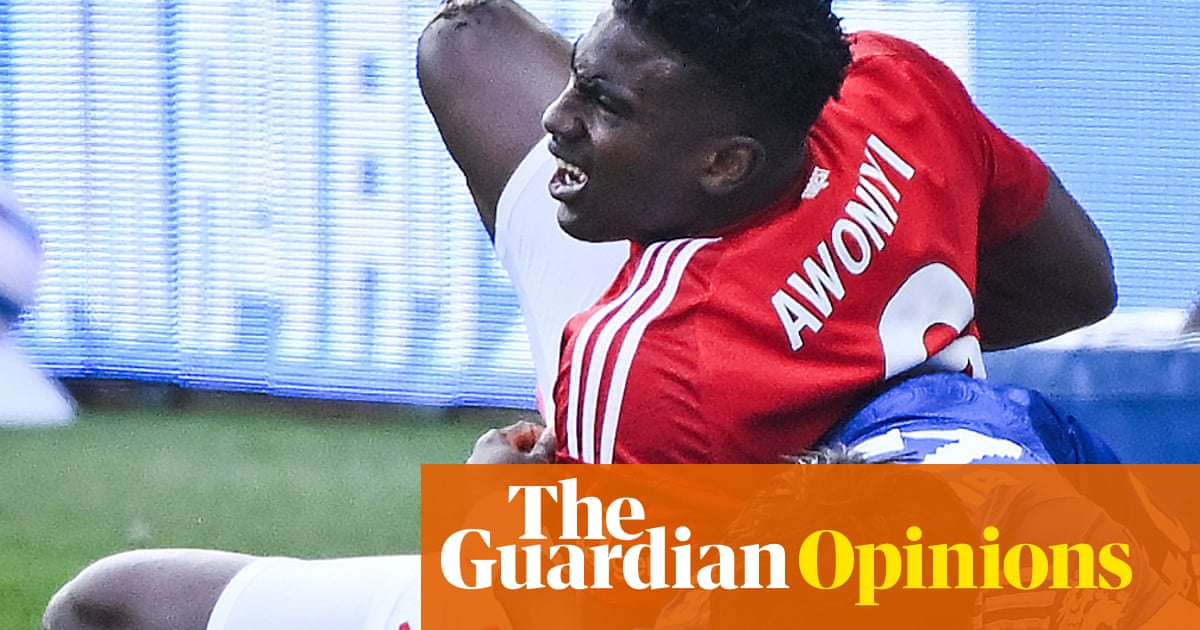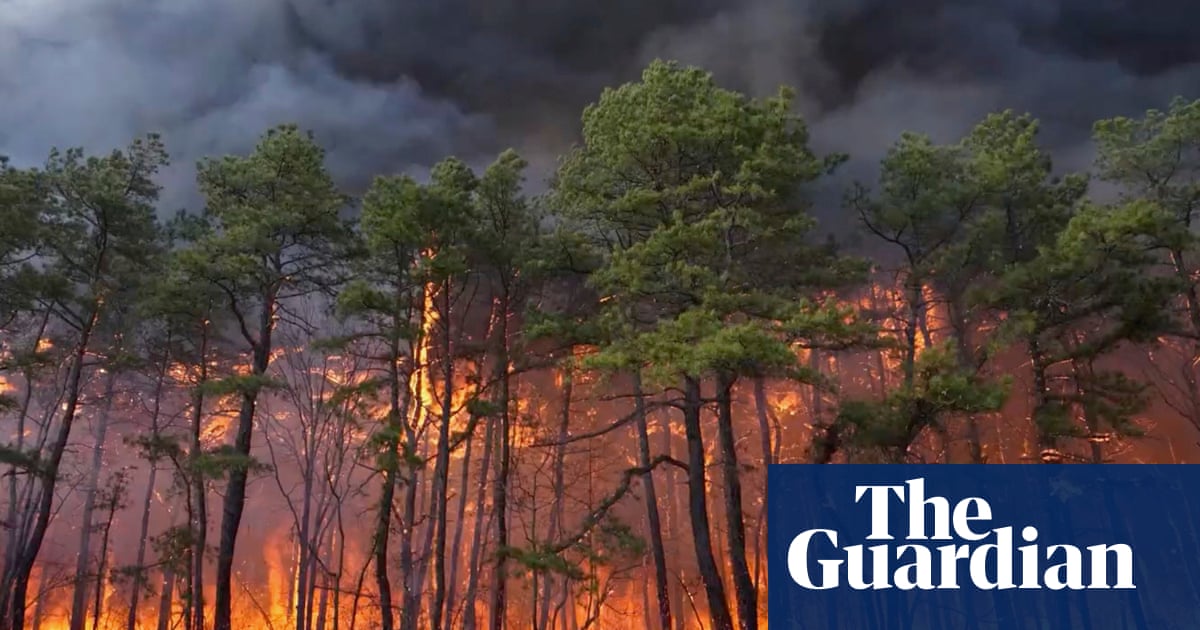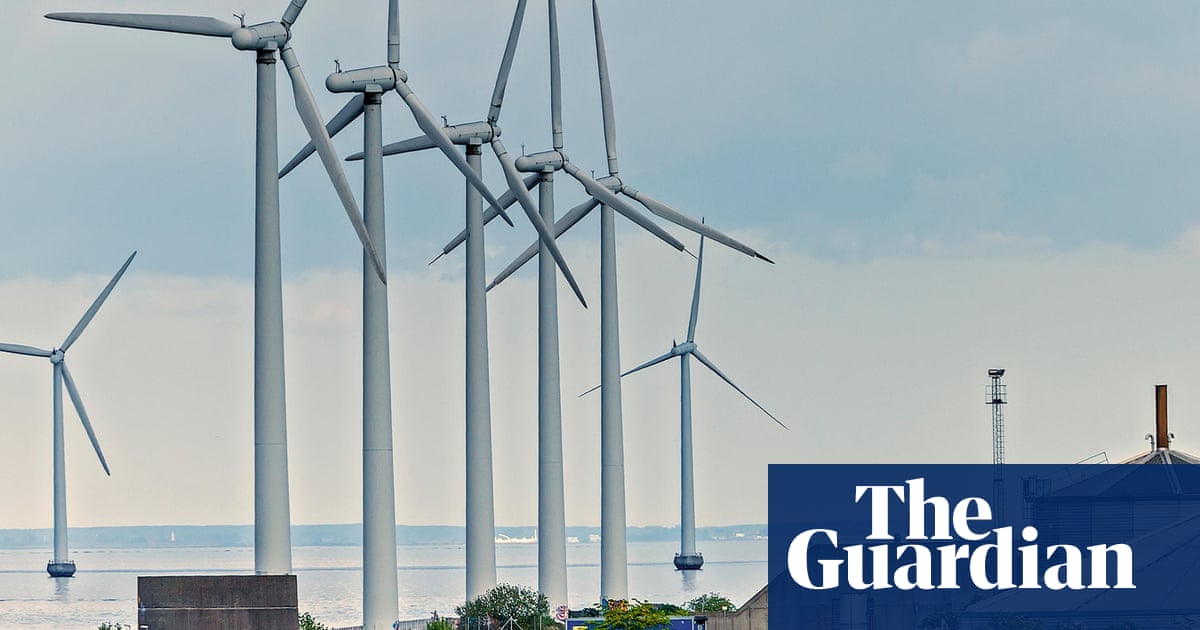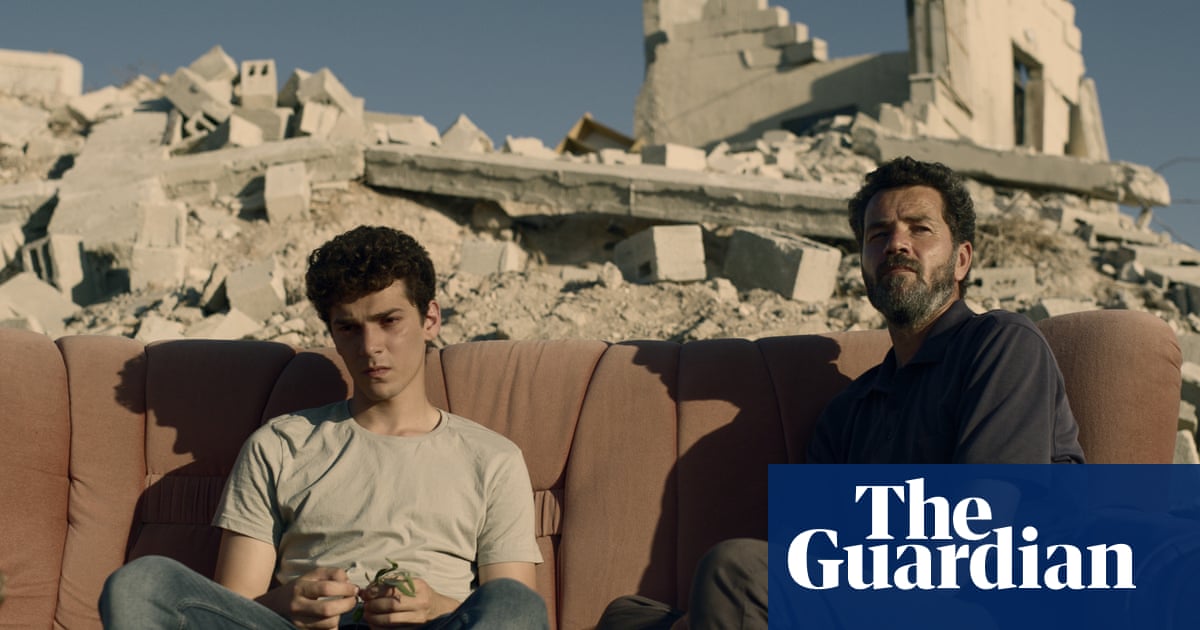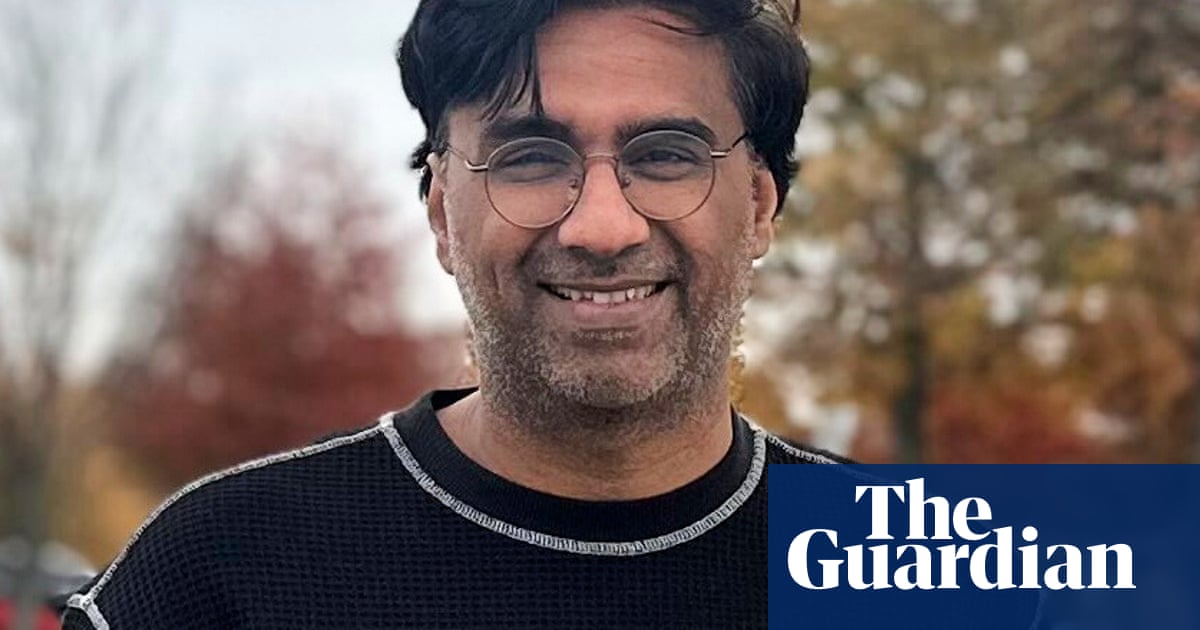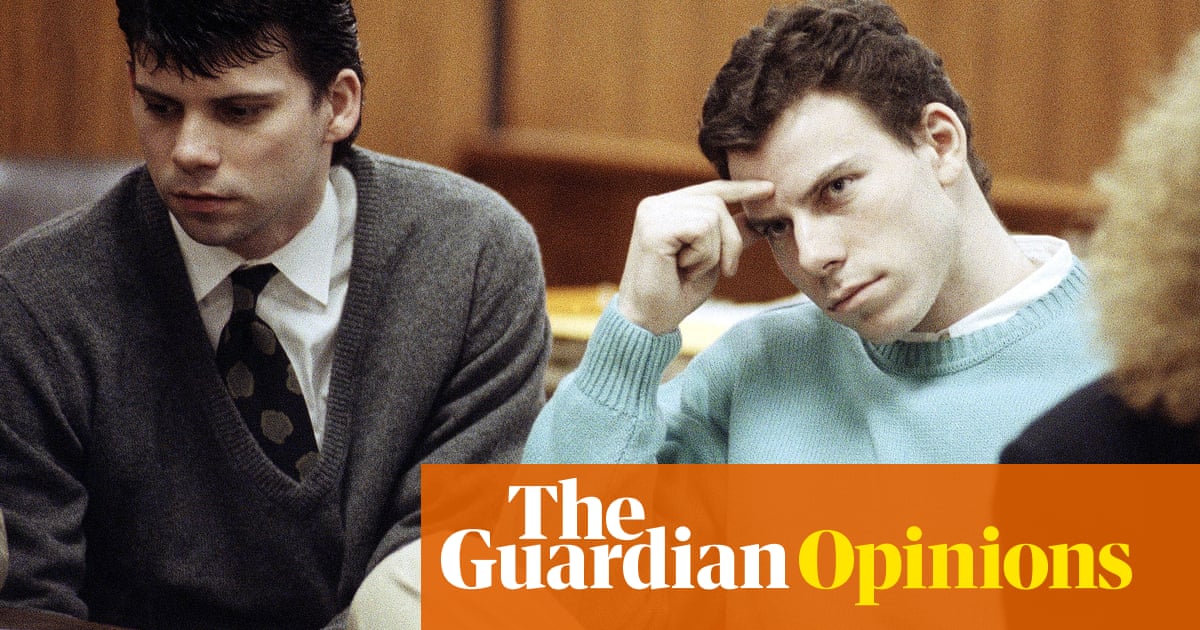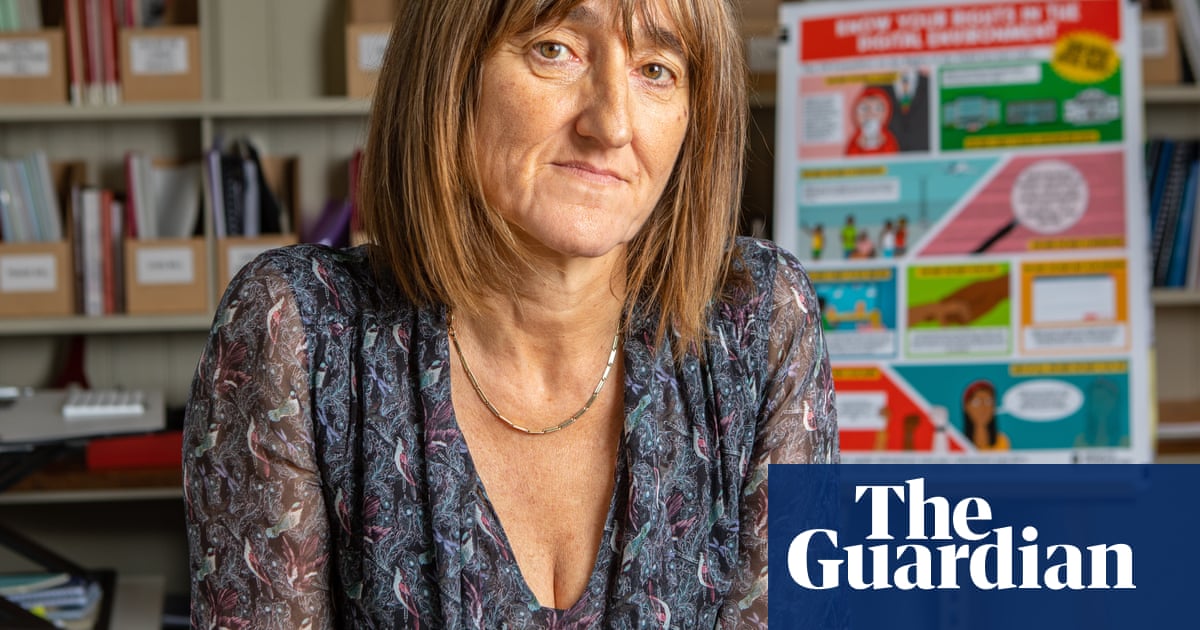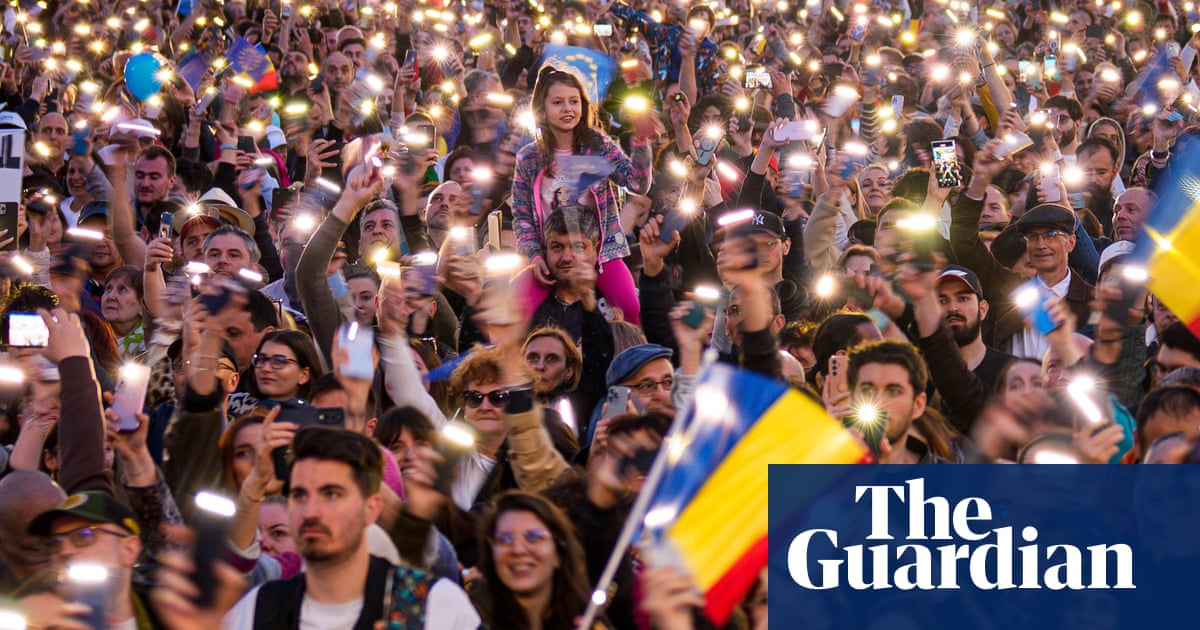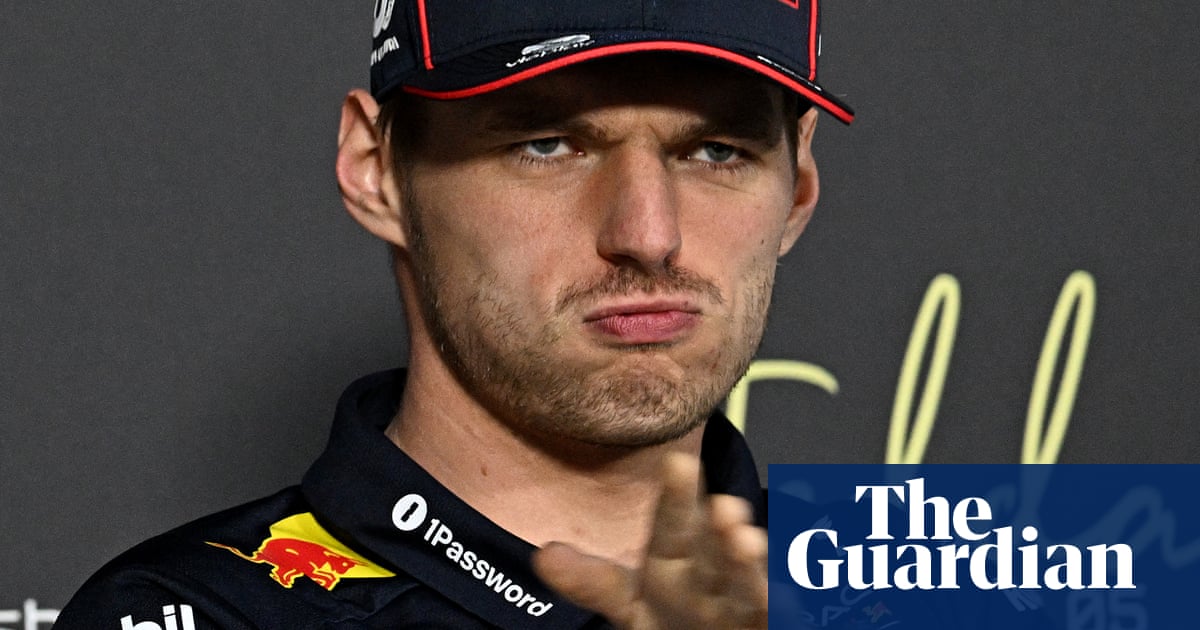Key events Show key events only Please turn on JavaScript to use this feature
Ukraine's Zelenskyy meeting with Finland's Stubb
Ukrainian president Volodymyr Zelenskyy is in Helsinki today, meeting with the country’s leadership, including the highly-influential president Alex Stubb.
The two leaders are expected to give a press conference after their talks soon and I will bring you all the key lines.


Putin's demands would make mockery of any peace agreement and unacceptable to Ukraine - analysis

Dan Sabbagh
Defence and security editor

Donald Trump began his conversation with Vladimir Putin with a simple demand: a 30-day ceasefire on land, sea and air which Ukraine has already signed up to, as an initial measure on which to build towards a peace.
Instead, what the US president got from Putin were questions, half-offers and limited concessions – and, above all, an extraordinary demand from the Russian leader to weaken Ukraine that would make a mockery of any peace agreement.
The “key condition” for resolving the conflict, the Kremlin said in a statement after the call, should be “the complete cessation of foreign military aid and the provision of intelligence information to Kyiv”.
That means halting military support not just from the US but from all Ukraine’s foreign backers, including Britain, France and all those putting together plans for a post-conflict “reassurance force” intended to provide a long-term security guarantee to Kyiv, allowing it to open its ports and airports, and safeguard utility supplies.
It is nowhere near a position Ukraine can accept.
Full analysis:
Russia 'attacking civilian infrastructure and people,' Zelenskyy's top aide says
Andriy Yermak, head of Ukrainian president Volodymyr Zelenskyy’s office, just posted a social media update calling out Russian attacks overnight:
In Sumy, a Russian Shahed drone struck a hospital.
Russia is attacking civilian infrastructure and people right now.

Russia 'doesn't want to make any concessions,' EU foreign policy chief says
European Union foreign policy chief Kaja Kallas said that Moscow cannot be trusted, after a phone call between US president Donald Trump and Russia’s Vladimir Putin resulted in a Russian agreement to stop attacking Ukrainian energy facilities temporarily.
“If you read the two readouts from the call, it is clear that ... Russia does not really want to make any kind of concessions,” Kallas told reporters in Brussels, Reuters reported.

Further talks expected on Sunday in Saudi Arabia with sides in 'relatively short distance to full ceasefire', US Witkoff says
US envoy Steve Witkoff said in a televised interview overnight that US-Russia talks are expected to continue on Sunday, with the two sides meeting again in Jeddah, Saudi Arabia.
Speaking to Fox, he suggested that Russians have also signed up to a form of agreement on “the Black Sea maritime aspect of a ceasefire,” and added that he was “certainly hopeful that Ukrainians will agree to it.”
It was not immediately clear if Ukraine will be invited to take part if the Jeddah talks.
The Russian readout after the call said that Putin “responded constructively” to Trump’s proposals, agreeing to negotiations to “further elaborate specific details.”
Witkoff was also asked on whether there will be “reciprocity” in arrangements, after Russia demanded that Ukraine should not be able to rearm during that period.
“I think the devil is in the details. We’ve got a team going to Saudi Arabia, led by our national security adviser and our secretary of state, and I think, you know, we’ve got to figure out those details,” he said.
He continued, with lots of praises for both Trump and Putin:
“The point is that, up until recently, we really didn’t have consensus around these two aspects, the energy and infrastructure ceasefire and the Black Sea moratorium on firing.
And today we got to that place, and I think it’s a relatively short distance to a full ceasefire from there.
And again, I stress that it was the president’s former relationship with president Putin, the president stressing that they needed to engage in mutual trust together to bring this war to an end.
President Putin, and I would commend him for this, said that he agreed with the president’s posture on it all, he agreed with the approach, he didn’t want to see more people dying in the field.
So it was these two great leaders coming together for the betterment of mankind, and it was honestly a privilege and an honour for me to set sit there and listen to that conversation.”
Putin 'playing a game' on Ukraine with 'unacceptable' push for halting Western military, intelligence support, German defence minister says
German defence minister Boris Pistorius accused Vladimir Putin of “playing a game” on Ukraine, calling out Russia’s attacks on Ukraine overnight.
“We’ve seen that attacks on civilian infrastructure have not eased at all in the first night after this supposedly groundbreaking, great phone call” between Putin and US president Donald Trump, Pistorius said in a TV interview, quoted by AFP.
The minister also described as “unacceptable” the Kremlin’s insistence that a “key condition” for peace would be a total halt of western military and intelligence support to Ukraine’s embattled military.
“This is very transparent,” Pistorius said, adding that Putin aimed to prevent Kyiv’s backers from “further supporting Ukraine and enabling it to really defend itself if there is another attack, during or after a ceasefire”, AFP reported.

Morning opening: The (Russian) art of the deal
US president Donald Trump has experienced a regional variation on his art of the deal manual on Tuesday, after Russian president Vladimir Putin seemingly refused to subscribe to his comprehensive ceasefire initiative and instead once again put forward a set of maximalist demands on Ukraine and the broader European security infrastructure.
Or as Daniel Szeligowski, head of eastern Europe programme at the Polish Institute of International Affairs, put it:
Trump wants to stop the fighting. Putin wants Ukraine to stop the fighting. That may be a subtle, yet fundamental difference.
Just hours after the Trump-Putin phone call concluded, Ukrainian president Volodymyr Zelenskyy reported around 40 “Shahed” drones attacking targets in Ukraine, including civilian infrastructure. Kyiv said this morning that Russia fired six missiles and 145 drones overnight.
Zelenskyy called out Putin saying he “effectively rejected the proposal for a full ceasefire,” and urged “the world to respond by rejecting any attempts by Putin to prolong the war.”
Sanctions against Russia. Assistance to Ukraine. Strengthening allies in the free world and working toward security guarantees. And only a real cessation of strikes on civilian infrastructure by Russia, as proof of its willingness to end this war, can bring peace closer.
European leaders will no doubt give their initial verdicts today, ahead of what promises to be another pivotal EU summit in Brussels on Thursday and Friday. And the EU will offer more details on its plan to rearm Europe, as part of its initiative worth up to €800bn.
Zelenskyy is in Finland, where he will meet with Finnish president Alex Stubb and speak alongside him at a joint press conference.

 1 month ago
39
1 month ago
39
